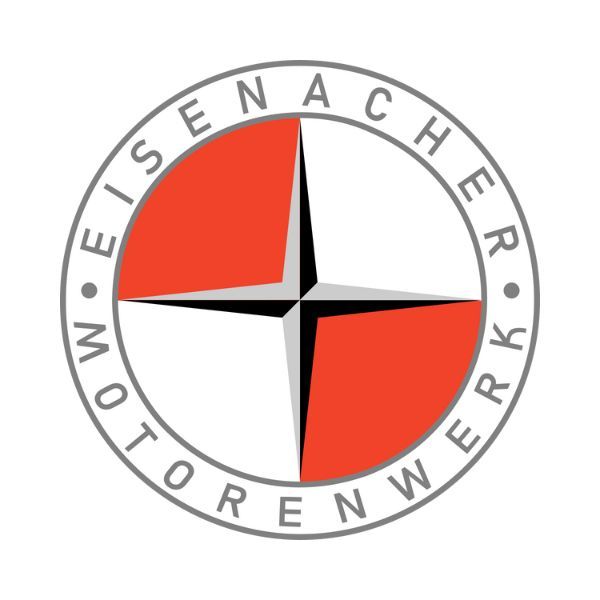Eisenacher Motorenwerk
Eisenacher Motorenwerk (EMW) was a significant player in the history of German motorcycles and automobiles, with a story deeply intertwined with political and historical events of the 20th century. Eisenacher Motorenwerk, originally founded as Bayerische Flugzeugwerke (BFW) in 1922, underwent several transformations before becoming EMW. It was initially focused on aircraft engines but soon diversified into other areas, including motorcycles.

In 1928, BFW merged with Fahrzeugfabrik Eisenach, which was producing small cars under the Dixi brand. The merged entity was renamed BMW (Bayerische Motoren Werke), marking the beginning of the famous BMW brand's history in automobiles and motorcycles.
During World War II, the BMW plant in Eisenach, like many German industrial facilities, was repurposed for military production. It produced aircraft engines, motorcycles, and other military equipment.
After the war, Germany was divided into East and West, and the BMW factory in Eisenach found itself in the Soviet-occupied Eastern zone. The Soviets dismantled much of the industry for reparations, and the remaining facilities were left in a debilitated state.
In 1945, the Eisenach plant resumed production under Soviet control. Initially, it continued to produce BMW models but was not allowed to use the BMW name and logo. In 1952, the factory was officially renamed Eisenacher Motorenwerk (EMW). The logo was changed from BMW's blue and white to red and white, reflecting the new political realities.
EMW became known for its motorcycles, especially the R 35 model, which was a continuation of the pre-war BMW R 35. The EMW motorcycles were essentially rebranded BMW bikes but gained a reputation for quality and reliability in the Eastern Bloc.
Alongside motorcycles, EMW also produced cars. The most notable was the EMW 340, a luxury sedan based on the pre-war BMW 326. However, by the late 1950s, the company faced increasing competition from other Eastern Bloc manufacturers and declining sales. In 1956, the East German government merged EMW with Automobilwerk Eisenach (AWE). This marked the end of the EMW brand, as the focus shifted to producing the Wartburg, a car more aligned with the economic and political environment of East Germany.
The EMW brand, though short-lived, represents an intriguing chapter in German industrial history, reflecting the broader geopolitical shifts of the mid-20th century. Its motorcycles, in particular, remain a point of interest for enthusiasts and collectors.
Additional Eisenacher Motorenwerk Logos
Author: William Flaiz

